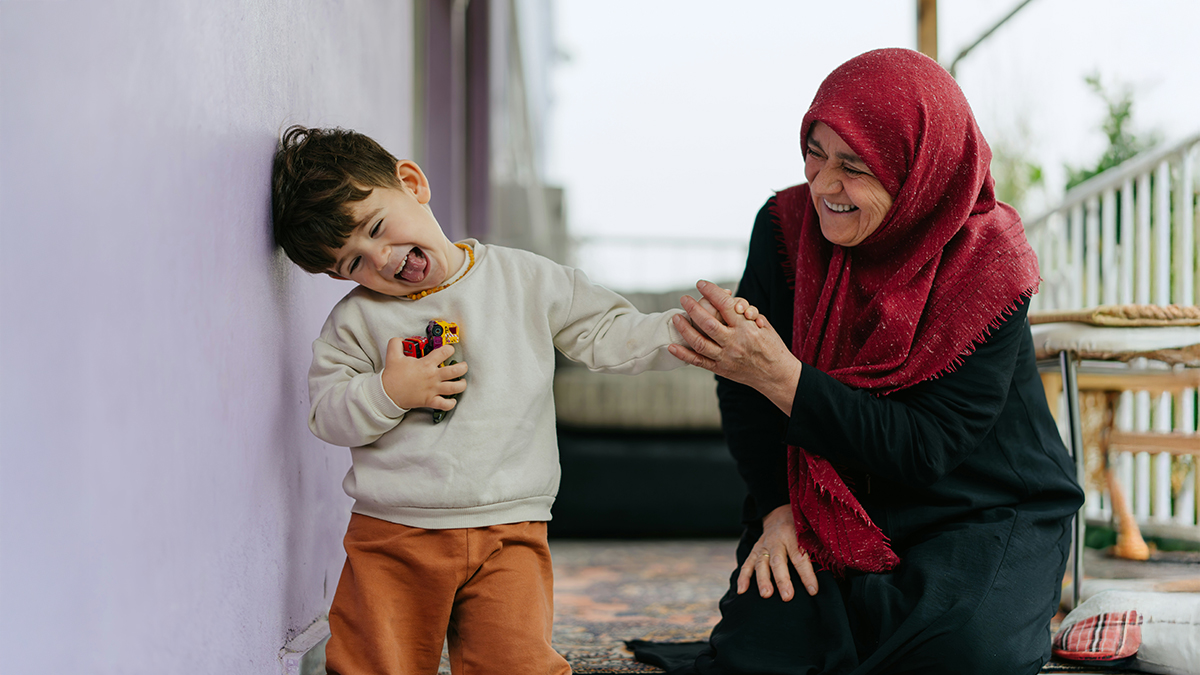As a peace and conflict studies specialist, I thought writing on today’s conflicts for would be straightforward.
Yet, I’m paralysed by a writer’s block.
I’m suffering from psychic numbing.
I can no longer bear to face the brutality in Palestine, Ukraine, Sudan, or the other 58 violent conflicts devastating the world.
Witnessing suffering in real time
Seeing 2 million desperate Palestinians, in real time, scrambling for food is dehumanising. Watching turns us into passive bystanders, even complicit in state cruelty.
My theories of peacemaking and nonviolence depend on rational and empathetic actors. But today’s leaders pursue violence driven by impulses that defy reason or humanity.
They lack empathy, ignore community, and disregard life.
Urgent task – rediscover humanity
How do we rediscover our humanity? From Ukraine and Gaza to Rohingya camps and everyday violence in our own neighbourhoods, suffering confronts us daily. Rediscovery is not optional — it is essential.
Violence begins with dehumanisation. To reclaim humanity, we must restore it in others. Empathy is radical recognition, a choice to see each person as someone with pain, hope, and worth.
Quaker peace activist Gene Knudsen-Hoffman said: “An enemy is one whose story you have not heard.” Listening restores compassion.
Listening to stories
Behind every statistic is a life. Each of the 2 million Palestinians queuing for food has a story.
Israelis, too, have stories to tell — when peace returns, they must also be heard.
We rediscover humanity through stories of loss, survival, and resilience. Literature, film, song, and dance re-humanise the world and remind us of our shared vulnerability.
Resisting indifference
The scale of suffering numbs us. But indifference is the luxury of the comfortable and the silent ally of injustice.
To be human is to choose moral attention: to witness, care, and respond. Silence is complicity.
Even small acts of care are revolutionary. Helping a neighbour, welcoming a stranger, or standing with the vulnerable reweaves humanity.
Václav Havel wrote that hope is not optimism, but certainty that something is worth doing regardless of outcome.
Pope Leo reminded us to be bold in love:
“Love that gives itself and does not possess, love that forgives and does not demand, love that helps and never abandons.”
Rebuilding connection
Disconnection drives violence.
Rediscovering humanity requires rebuilding belonging — with one another, with Earth, and with ourselves.
Environmental justice and human dignity are inseparable. Communities of trust and ecological knowledge reweave the broken fabric.
True justice heals, not punishes. Restorative justice, peace circles, and trauma-informed care centre victims and seek repair.
History offers stories of courage: Jews hidden in the Holocaust, genocide survivors forgiving, unarmed civilians standing between armed groups.
These are not anomalies, but reminders of human possibility.
Cultivating hope
Hope is a discipline. Anne Frank believed in human goodness despite horror. That fierce belief is needed now.
Rediscovering humanity is not a return to innocence, but a deepening of moral life. To live as if every life matters makes us not just human, but fully alive.
- Kevin Clements is an Emeritus Professor of Peace and Conflict Studies at the University of Otago, New Zealand. He was formerly Professor of Peace and Conflict Studies and Foundation Director of the Australian Centre for Peace and Conflict Studies (ACPACS) at the University of Queensland. He has also been Secretary General of the International Peace Research Association since January 2009. Since 2016 he was appointed Director of the Toda Peace Institute, Tokyo, Japan.
- First published in Tui Motu. Republished with permission.

